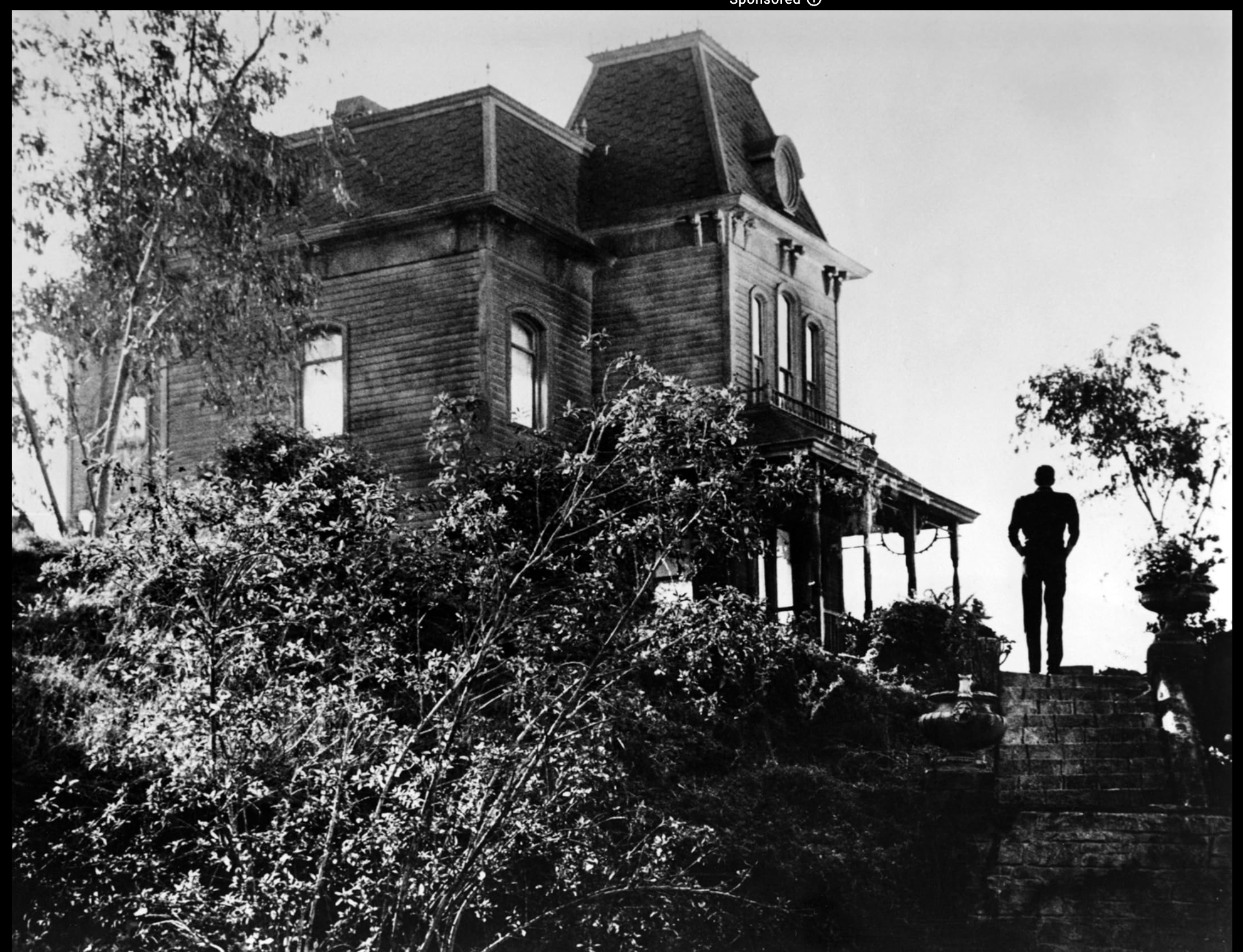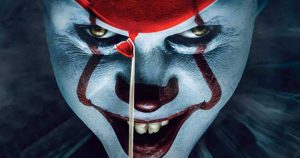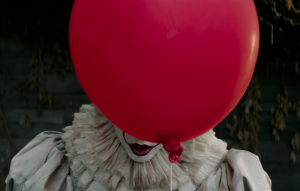“We’re all mentally ill,” Stephen King writes in his essay Why We Crave Horror Movies. And while I once thought that this might be unique to all horror fans, I may have spoken too soon.
I’ve never understood the appeal of horror movies. Maybe it was because I could never watch one without having to cover my eyes to avoid shedding tears. Maybe it’s that my preferred genre, a mix of comedy and deep romance, is on the opposite end of the spectrum. Or, maybe it’s because I’m dragged along to the Georgetown AMC by my friends at the beginning of every semester to watch the latest horror movie, despite pleas to protect my peace. Whatever it may be, I somehow always find myself in that theater, sandwiched by my friends, wondering why the hell people choose to spend their hard-earned money on films about demons and gore-hungry psychopaths.
So—what is it? What about the horror genre has our society in a chokehold?
Like most things, there isn’t a single explanation. When I looked into this question, consulting friends and the internet, their answers ranged from routine peer pressure to a personal escape from reality.
Everyone agrees that horror films serve some purpose in our lives, although this purpose may be less straightforward than other genres. Take, for example, superhero films: whether we choose to admit it, each of us has an inner desire to be heroes and resolve our moral struggles, reinforcing personal paragons of justice and identity. Alternatively, consider romance movies: whether we’re happily single, dating someone, or fighting for our lives in a tumultuous situationship, there’s something for all of us. These films validate our struggle to be seen and feed into idealistic tropes about love and intimacy.
Similarly, horror movies provide a safe outlet for us to confront our deepest anxieties and satisfy our intrusive thoughts. According to The New York Times Book Review editor Gilbert Cruz, horror movies make him “feel something. I like feeling scared when watching horror movies because I know that that will pass.” Behind the demons and jumpscares is the reassurance that, despite whatever happens during the movie, none of the eerie creatures will follow you out of the theater–except in your imagination. At the end of the day, we know that those fears are artificial and we can move on with our lives.
There’s also a science behind our love of horror. Fear, one of our primal instincts, is our body’s way of telling us to avoid what is dangerous. Yet sometimes, our brains trick us into enjoying the things that hurt us. Dr. Paul Rozin, a psychologist at the University of Pennsylvania, coined the idea of benign masochism, where humans tolerate and even enjoy low amounts of pain (like when eating spicy food, for example). When we encounter a severe form of harm, like sticking our hand in a campfire, our body immediately knows to avoid that sensation. Horror movies and the fear they invoke, on the other hand, are a kind of lesser pain that we keep coming back to.
When we fool our bodies, we produce a wave of pleasurable sensations—hooking us in and leading to a sort of addiction. When watching something scary, the initial shock engages our sympathetic nervous system, triggering our fight-or-flight mechanism. A rush of adrenaline, endorphins, and dopamine accompanies this bodily response. The release of these hormones, coupled with the knowledge of being in a safe environment, is the source of that euphoric release. We “trick” ourselves into believing we’re in danger, creating that addicting sensation. Once that feeling subsides, we find ourselves begging for more.
In a time when the world feels so uncertain, for many, horror provides that necessary sense of control. Political unrest and polarization run rampant. Climate change seems more untamable each day. The next world-stopping pandemic could be around the corner. Heck, even our everyday lives are filled with stress–the racing heart when we wake up too late for class, or the panic when deadlines start to pile up. These fears are truly frightening because they’re real. Ironically, watching horror movies makes us feel safer than our daily lives. We can control when that fear ends and make the world feel safe once more.
While I’m convinced avid horror enthusiasts are mostly performative, perhaps I’ve been too harsh on the average horror movie-goer. After all, everyone indulges in benign masochism once in a while; it just happens that my preferred outlet comes from spicy foods and tear-jerkers. And sometimes, we really do need an escape from the real world. We need a chance to know that the monsters in the closet can’t truly hurt us. Don’t get me wrong–I’m still a long way away from being able to associate horror films with pleasure. Yet, while I’m scared to admit it, horror movies might have a place in our society.





